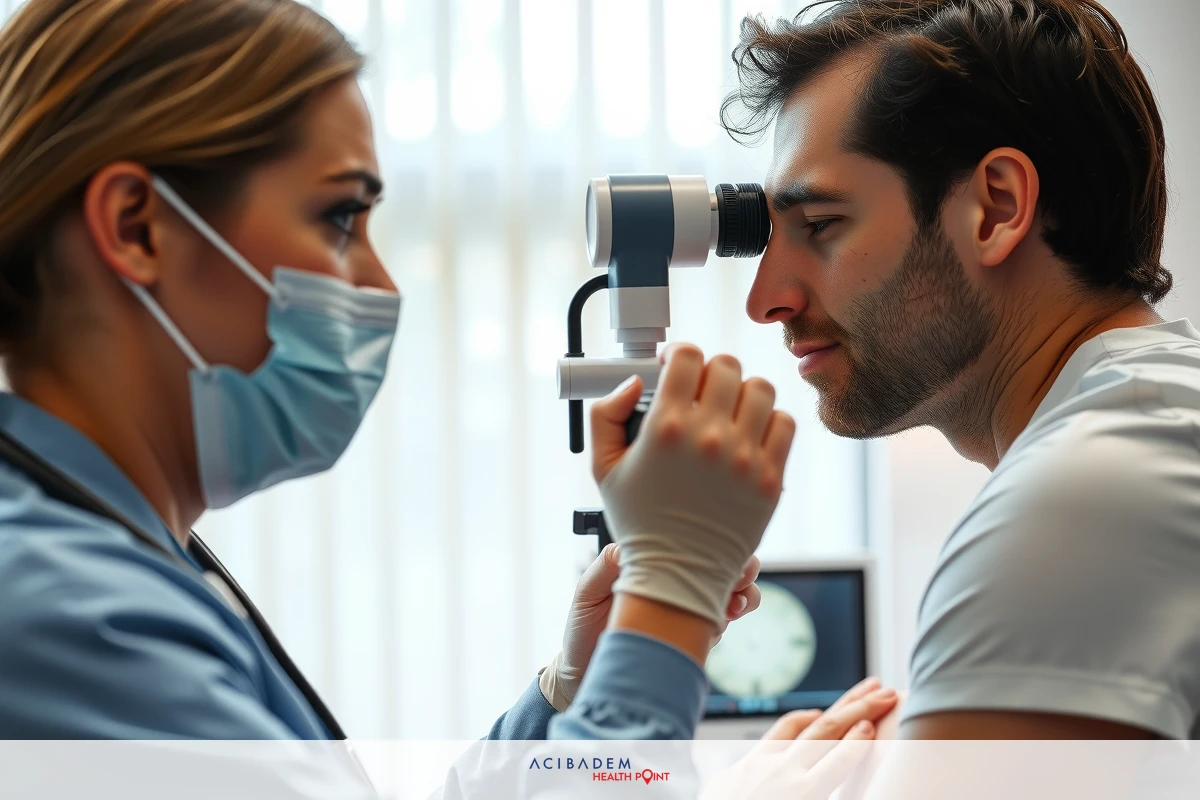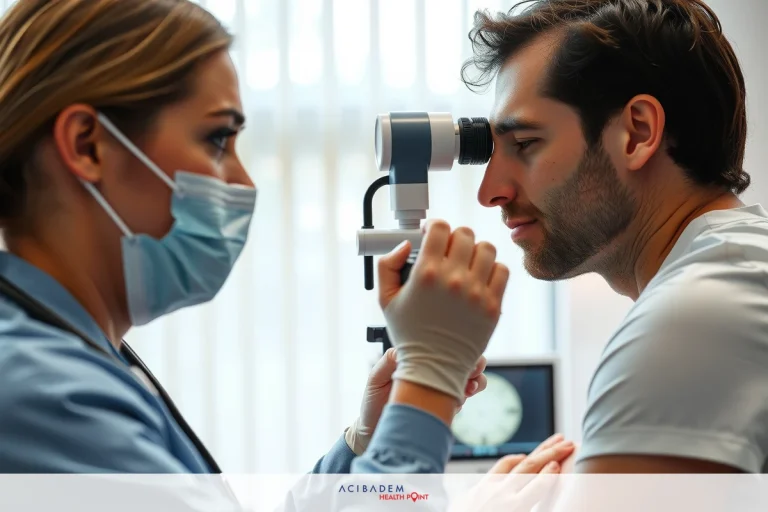What Do They Do During LASIK Eye Surgery?
What Do They Do During LASIK Eye Surgery? LASIK eye surgery, a widely adopted practice in ophthalmology, presents an intriguing blend of medical precision and technological sophistication. Imagine the delicate dance of lasers as they reshape the cornea to correct vision errors; it’s not science fiction but a daily reality for many individuals seeking clearer sight without reliance on glasses or contacts.
With each passing moment during this procedure, decisions are made with meticulous care by experienced surgeons who understand the profound impact their work can have on a person’s quality of life. This isn’t merely about enhancing optical clarity. It also represents freedom from barriers that may have previously hindered people from fully engaging in activities they love.
Far from being uniform or monotonous, such procedures embody an intricate journey through modern medicine’s cutting-edge landscape, a testament to humanity’s ceaseless quest for improvement and progress.
Pre-Surgery Preparation
Preparation for LASIK eye surgery starts long before the actual procedure. It begins with a comprehensive consultation, where an ophthalmologist delves into the patient’s medical history and conducts an exhaustive eye examination. This process is critical in determining whether one is a suitable candidate for vision correction through this surgical technique.
The pre-surgery preparation stage also involves providing detailed instructions to patients about what they should do and avoid leading up to their operation day. For instance, those who wear contact lenses are usually asked to switch back to wearing glasses for a certain period before surgery. This change allows the eyes, more specifically, the corneas to return to their natural shape, thus enabling more accurate measurements during the procedure.
Specific lifestyle adjustments may be recommended by your healthcare provider prior to undergoing LASIK eye surgery. These could include abstaining from smoking or alcohol consumption as these factors can potentially affect recovery post-surgery. It’s essential that prospective patients understand not just how LASIK aims at vision correction but also its inherent risks and potential side effects.
As each individual’s health profile is unique so too will be their pre-surgical preparation plan; hence it becomes crucially important that all nuances of such instructions are followed religiously by every patient vying for optimal results from this ophthalmological wonder of modern medicine.
During the Procedure
When the day of LASIK eye surgery arrives, patients enter a milieu where cutting-edge surgical techniques intertwine with laser technology to redefine vision correction. The procedure unfolds in stages, each requiring precision and expertise from a team dedicated to revolutionizing an individual’s visual experience.
In the first stage of LASIK, a thin flap is meticulously created on the cornea’s surface using either a microkeratome or femtosecond laser. This stage sets up for what follows next, the actual reshaping of the cornea. After lifting this flap gently aside, it reveals the stroma layer underneath. The site poised for transformation by excimer lasers that can accurately ablate tissue at molecular levels without causing thermal damage.
The second stage involves employing an excimer laser programmed with personalized measurements derived from your pre-surgery eye examination. This high-energy ultraviolet light beam sculpts and modifies your corneal curvature, a process known as photoablation, correcting refractive errors like myopia
(nearsightedness), hyperopia (farsightedness), or astigmatism. Each pulse removes microscopic amounts of tissue

enabling precise alterations to your ocular topography.
Once optimal reshaping has been accomplished per patient-specific requirements, surgeons reposition the earlier lifted corneal flap back into its original place. Allowing it to naturally adhere without sutures or stitches—an elegant finale in this ophthalmological symphony called LASIK eye surgery.
Recovery and Post-Operative Care
The journey of LASIK eye surgery doesn’t end once the procedure is completed. It transitions into a new phase—recovery and post-operative care. This stage bears equal importance as the surgery itself, for it’s during this time that your eyes begin to adjust to their newly remodeled corneal landscape, setting the stage for enhanced vision.
Immediately following the operation, patients generally experience a temporary burning or itching sensation in their eyes. Visual acuity might also seem blurry or hazy at first—a natural response post-LASIK. Healthcare providers typically recommend resting your eyes and refraining from strenuous activities on the day of surgery. A protective shield may be given to wear over your eyes while sleeping for protection against accidental rubbing or pressure.
Post-surgery follow-up appointments form an integral part of recovery management after undergoing LASIK eye surgery; these are scheduled stages designed meticulously by ophthalmologists to monitor healing progress and visual improvement over time. The first of such check-ups usually occurs within 24-48 hours after surgery where they assess immediate post-op status including any potential complications like inflammation or infection.
Even amidst all rigorous planning around recovery protocols, each patient’s healing trajectory remains unique. An amalgamation influenced not just by clinical factors but also personal ones like lifestyle habits, general health condition among others. All converging towards one shared goal: clear vision without dependency on corrective lenses or contacts. An aspiration made possible through LASIK eye surgery.
Frequently Asked Questions
How long does the LASIK eye surgery procedure take?
The actual laser treatment typically takes less than a minute for each eye. However, you should expect to be at the surgical center for approximately two hours on the day of your procedure to account for preparation and post-operative instructions.
Is LASIK eye surgery painful?
Prior to LASIK, numbing drops are applied to your eyes to make the process comfortable. Some patients report feeling slight pressure during certain parts of the procedure, but pain is rarely experienced.
When can I resume normal activities after having LASIK eye surgery?
Most people can return to work or their regular activities within one or two days following their operation. Strenuous physical activity and contact sports should be avoided for at least a week.
Are there any side effects associated with this vision correction method?
While complications are rare, some individuals may experience dry eyes or visual disturbances like glare in low-light conditions soon after surgery. These usually diminish over time as your eyes adjust.
Will I still need glasses or contacts after undergoing LASIK?
Many patients achieve 20/20 vision following LASIK and no longer require corrective lenses for most activities. However, factors such as age and specific visual demands (like reading small print) might necessitate occasional use of glasses.








